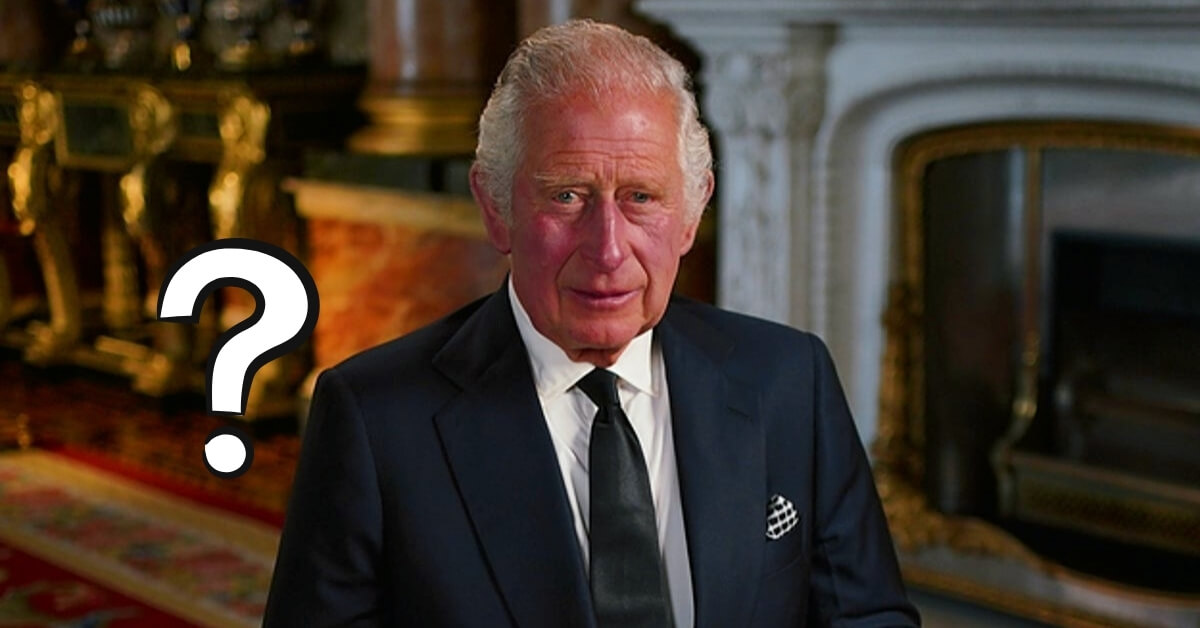Even if the news cycle becomes dull, the British tabloid keeps churning stories, all thanks to the exuberant life of the Royal family. No soap opera in the world could ever even come close to the real-life saga of the regals.
From the Epstein list to leaving the Royal status and exposing the Royal racists, the Palace has more skeletons than the entire population of Genovia.
The latest buzz sweeping across the digital landscape has left many royal watchers scratching their heads: Has King Charles III, the monarch known for his environmental advocacy and love of gardening, really passed away?
With every click and scroll, the question seems to grow more urgent, feeding into the insatiable appetite for royal news on both sides of the Atlantic.
But before we dive into the heart of this regal riddle, let’s take a moment to consider the source of these whispers. The British Royal Family, a centuries-old institution, is no stranger to speculation and scandal.
From the opulent halls of Buckingham Palace to the quiet countryside of Sandringham, the lives of its members are watched with a hawk’s eye, every detail analyzed and debated.
So, when news emerged suggesting something as monumental as the death of King Charles III, it’s no wonder the world paused, eager for confirmation or denial.
No, King Charles III has not passed away. He is currently receiving cancer treatment. The Buckingham Palace officals announced the monarch’s cancer diagnosis on February 5, and since then, King Charles has been retreating to Sandringham for treatment.
On February 11, 2024, King Charles III was seen in public for the first time since the news as he walked to church with Queen Camilla and expressed his “heartfelt thanks” to the well-wishers.
The Royal Rumor Mill: Fact Versus Fiction
The rumor of King Charles III’s death has proven to be just that—a rumor. Despite the whirlwind of speculation, the truth is much less dramatic. King Charles III is very much alive, albeit facing a personal health challenge.
Recently, it was confirmed that the King is undergoing treatment for cancer, a revelation that has sparked a flurry of “what-if” questions and scenarios concerning the future of the British monarchy.
“King Charles III is likely to continue working until the end of his life,” says Carolyn Harris, a historian at the University of Toronto’s School of Continuing Studies and co-editor of the book series “English Consorts: Power, Influence, and Dynasty.” This statement sheds light on the King’s dedication to his role despite his health struggles.
The news has also brought Prince William, the heir apparent, into the spotlight, with many wondering how the Prince of Wales might step up in his father’s stead.
The speculation doesn’t end with King Charles and Prince William. Questions about Queen Consort Camilla’s future role have also surfaced. According to Joe Little, managing editor of “Majesty” magazine, “Queen Consort Camilla would still keep that title, much like the Queen Mother kept that title until she passed at age 101.”
This insight into royal titles and succession underscores the complex, nuanced nature of the monarchy, where tradition and personal wishes intertwine.
In the event of King Charles’s abdication or death, the process of succession would accelerate, potentially heralding the reign of King William V. This transition would not only affect the immediate family but also have broader implications for the monarchy and its subjects.
For instance, the role of Queen Consort Camilla would be subject to the wishes of the new King, echoing the historical precedent of monarchs’ widows and their positions within the royal hierarchy.
As we navigate the maze of royal protocol and public fascination, it’s important to remember the human element at the heart of these discussions. Behind the titles and ceremonies are individuals facing their own personal challenges and responsibilities.
How does the public’s fascination with royal health and succession reflect on our own values and priorities? What does the outpouring of concern for King Charles III’s health tell us about the enduring connection between the monarchy and its subjects?
How might the monarchy’s role evolve in response to changing societal norms and expectations?
Share your royal opinions in the comments section below.

